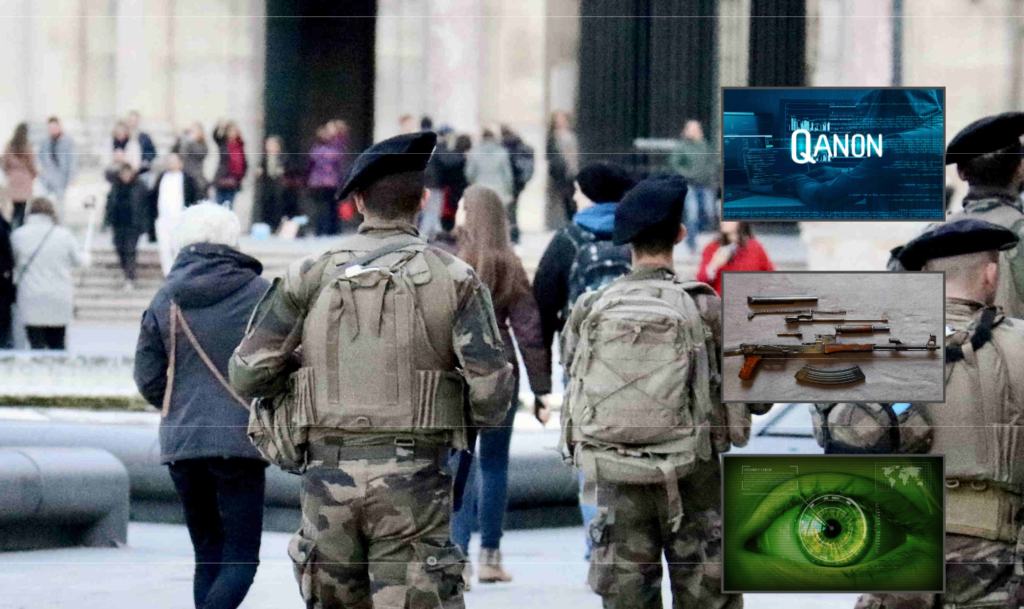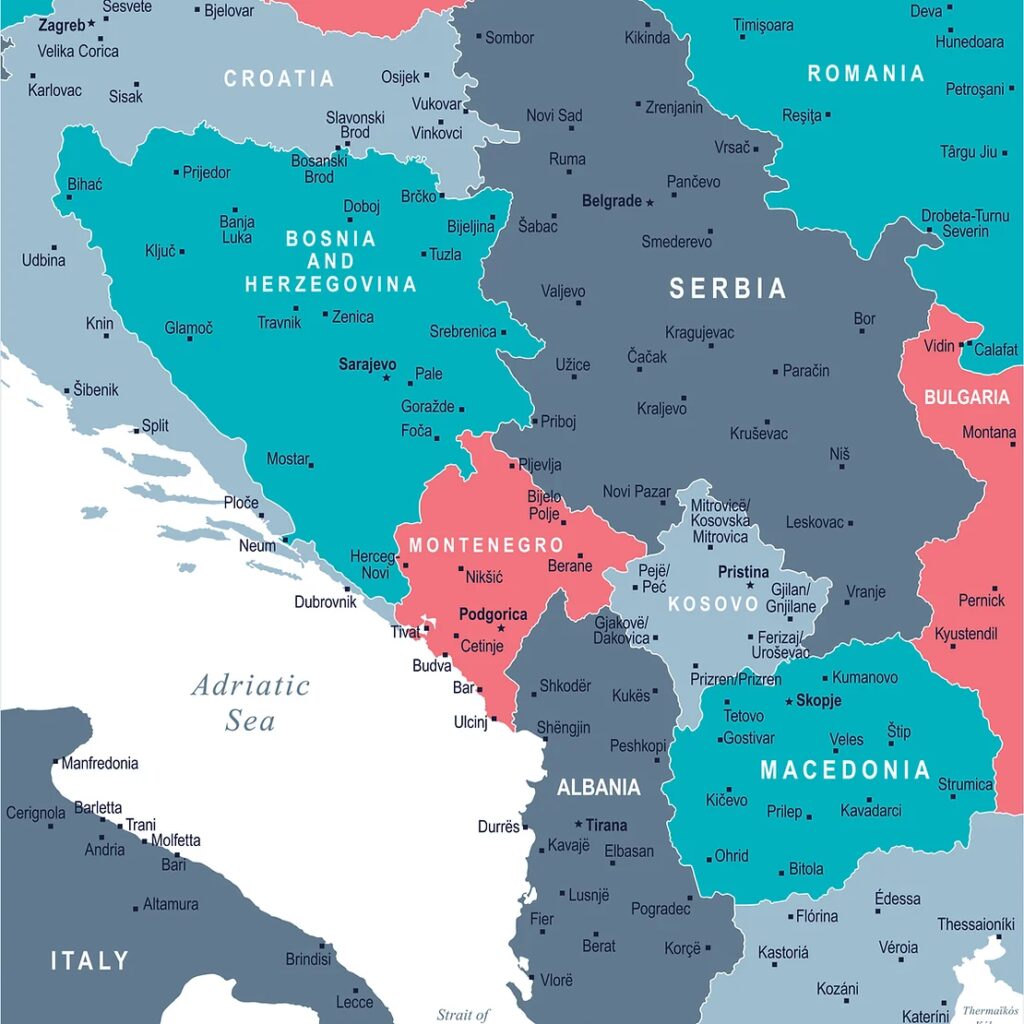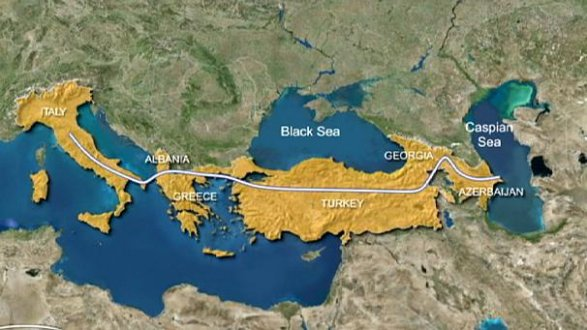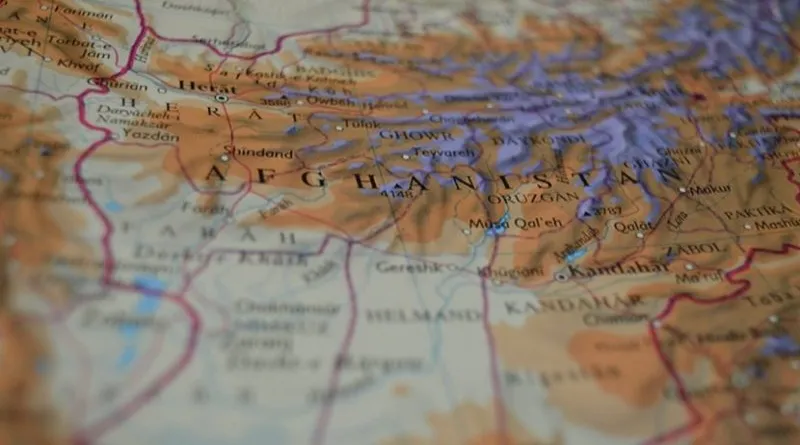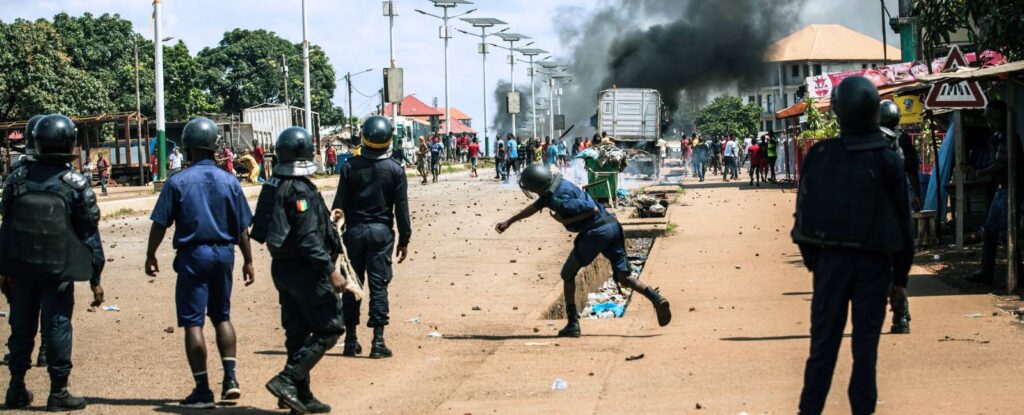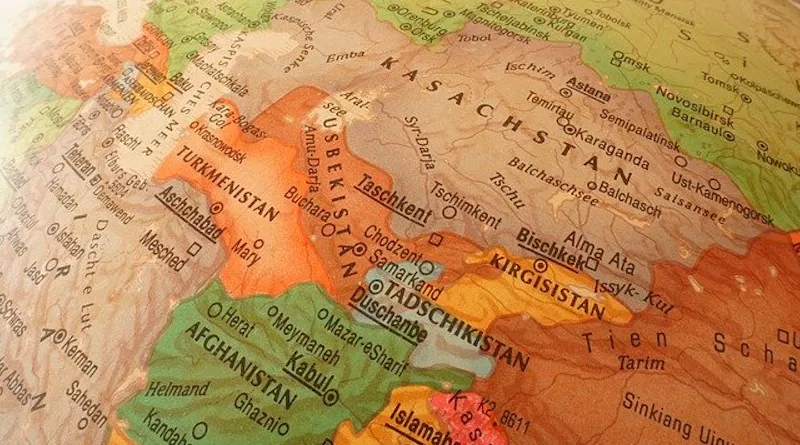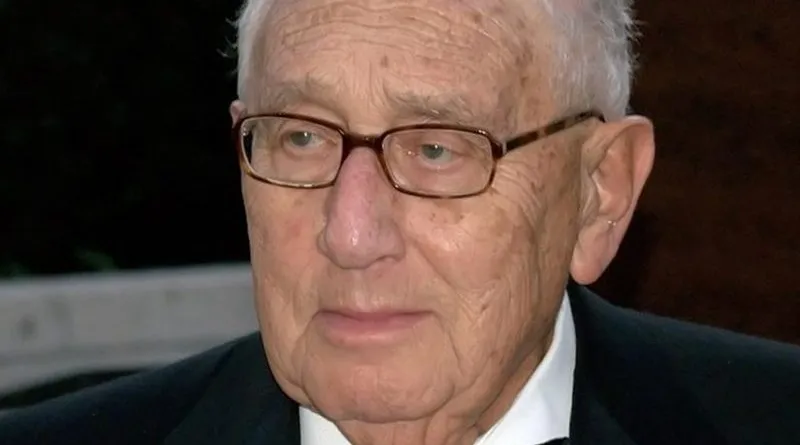Spotlight on Global Jihad (May 18-24, 2023)
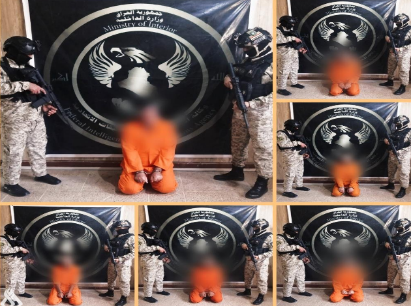
Main events of the past week
- The moderate increase in ISIS’s activity around the world continued this week. The hotspot of activity was in Africa.
- Syria: ISIS carried out several attacks against the Syrian army and the forces supporting it in the desert region.
- Iraq: ISIS operatives carried out several attacks against Iraqi security forces, following the increase in ISIS’s activity in Iraq.
- Lebanon: A senior Al-Qaeda operative who was responsible for establishing the organization’s cells in Lebanon was detained northeast of Tripoli. A senior ISIS operative was detained in the Sidon area.
- Africa:
- Nigeria: ISIS continued its high-intensity activity against the Nigerian army in the northeast of the country. The main incident was the detonation of a car bomb.
- Democratic Republic of the Congo: ISIS’s activity against Christian residents near the Ugandan border intensifies. At least 40 Christian residents were killed.
- Burkina Faso: An Australian doctor abducted by an organization affiliated with Al-Qaeda was released after seven years.
- Mali: ISIS operatives took over Al-Qaeda strongholds in a town in eastern Mali.
- Somalia: Al-Shabaab, an Al-Qaeda-affiliated organization, claims to have inflicted dozens of fatalities on the Somali army and the forces supporting it.
- The battle for hearts and minds: The editorial of ISIS’s weekly Al-Naba stresses the importance of implementing Islamic law (Sharia) through violent jihad. The article categorically rejects the values of democracy and secular regimes in general.

